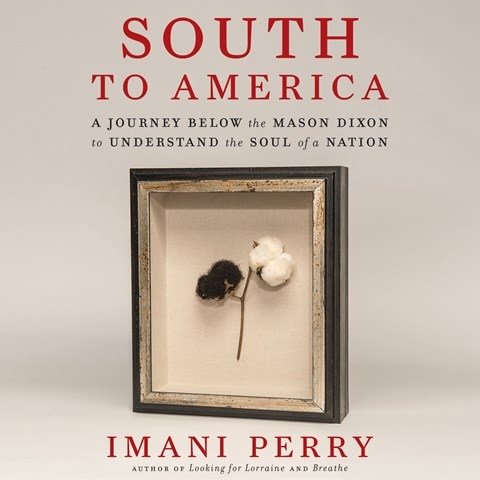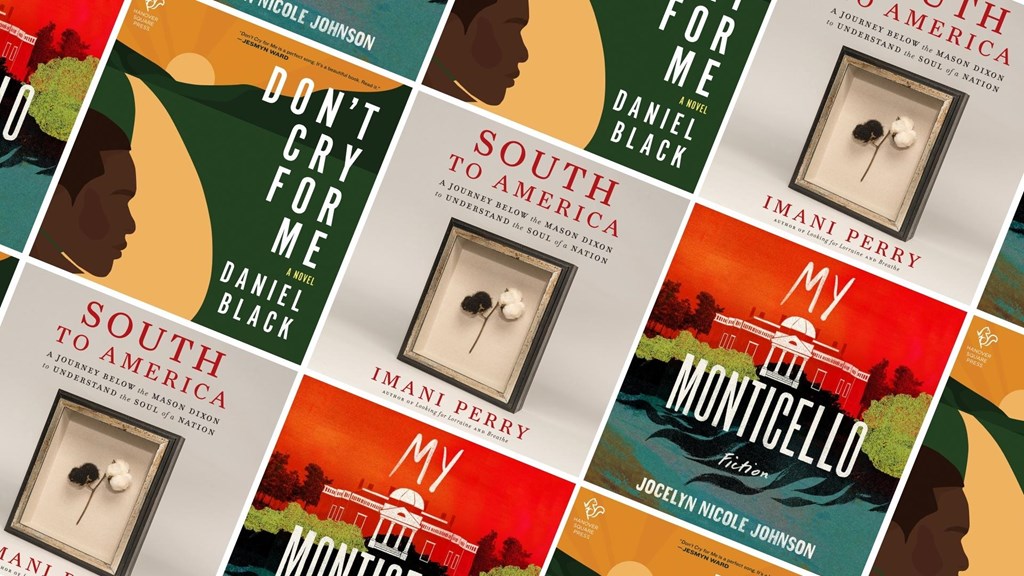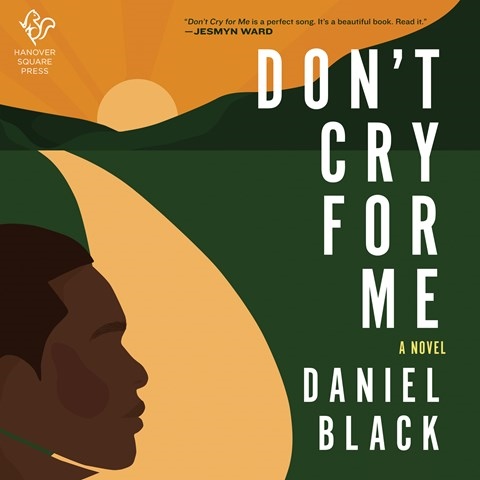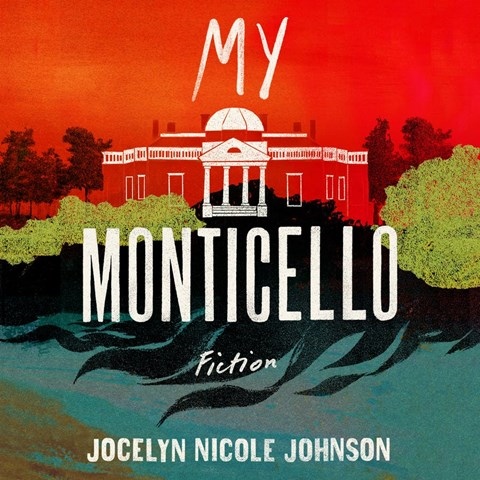I’ve lived in New England my whole life, and even though my dad grew up in Texas, I don’t have much of a personal connection to the South. Perhaps this is why I’m drawn to stories about the region. As a lifelong northerner, I’m always striving to become more knowledgeable about the region that is so central to American history and the American present and yet is so often misunderstood or overlooked. I know how stereotypical and one-dimensional portrayals of the South can be, especially when they’re written by people who didn’t grow up there or don’t have roots there. I’m so grateful to all the Southern authors writing nuanced stories, stories that counteract the stereotypes and reveal all the varied shades of such a rich and complicated region. These audiobooks are just three from a chorus of many. Each one tells a specific Southern story (or many stories). That they are each so different only highlights how badly we need books like these—as there are infinite Southern stories to tell and listen to.
DON'T CRY FOR ME, written and read by Daniel Black, is a beautiful epistolary novel about Jacob, a Black man on his deathbed attempting to reconcile with his estranged gay son through a series of letters. Black’s narration is urgent and moving, adding to the power of this nuanced story. He seems to inhabit Jacob fully, capturing his shifting emotions—regret, pride, despair, shame—with a vibrant, emotional immediacy. His narration is especially poignant given the author’s note about his relationship with his own father, and how he views this novel as a way to connect with father in a way he couldn't when he was alive.
Through Jacob’s story, Black acknowledges the complexity of people and the histories and experiences that shape them. Hoping to explain himself, to make amends, and to share with Isaac the traumas that have shaped his life, Jacob recounts his childhood in rural Arkansas, his strained relationship with his grandfather, and his young adulthood in Kansas City. Jacob’s Southern upbringing hums in the background of the whole book, though it’s rarely in the forefront. Black writes with grace and insight about the pull of a place, Black Southern identity, and the weight of inherited trauma.
MY MONTICELLO by Jocelyn Nicole Johnson and read by a full cast, also explores the ongoing weight of Southern history on the present—and the future. It’s a remarkable collection of stories, all set in Virginia. Each story is singular, though almost all of them focus on Black characters longing for home, or running from it, or trying to build it in an often violent and ruthless world.
The titular novella, “My Monticello,” read beautifully by Aja Naomi King, is about a diverse group of neighbors who take refuge on the grounds of Monticello after their city is overtaken by white supremacist violence. The narrator, Da'Naisha, is a young Black college student, and a descendant of Sally Hemmings and Thomas Jefferson. Da'Naisha has a lot of complicated and contradictory feelings about being at Monticello, all of which King conveys in her soft but powerful narration. She brings Da'Naisha and the small community around her to life, giving each character a particular voice. She not only captures the haunting beauty of Johnson’s prose but narrates with a raw emotion that drives home the sheer enormity of the story itself and the way it rumbles through the past and the future.
 Listeners who prefer nonfiction are in for a rare treat with SOUTH TO AMERICA, written and read by Imani Perry. As the title implies, this work of narrative nonfiction is explicitly about the South, and more specifically, the central role the South has played in American history and mythology. Perry, a native of Alabama, takes readers on a fascinating journey through the South, exploring its history and culture, art and activism, geography and language. The narrative swings from her native Birmingham to the Georgia coast, from New Orleans to rural West Virginia, from DC to the swamps of Florida.
Listeners who prefer nonfiction are in for a rare treat with SOUTH TO AMERICA, written and read by Imani Perry. As the title implies, this work of narrative nonfiction is explicitly about the South, and more specifically, the central role the South has played in American history and mythology. Perry, a native of Alabama, takes readers on a fascinating journey through the South, exploring its history and culture, art and activism, geography and language. The narrative swings from her native Birmingham to the Georgia coast, from New Orleans to rural West Virginia, from DC to the swamps of Florida.
Perry is a historian with a PhD, so this book is meticulously researched. But it’s not a dry text. It’s full of personal reflections and human stories, which Perry narrates with compassion and interest. Her narration, like her prose, is agile. She speaks with the same beautiful rhythm of her sentences, conveying her love for the places she writes about in every word. But there’s a sharpness to her narration as well, a tightness—which is also fitting for a book about the living legacy of slavery and the violence of white supremacy. At once poetic and biting, this is an audiobook to savor slowly.






